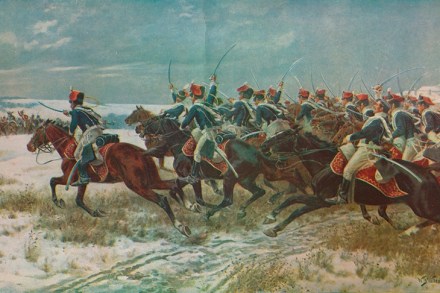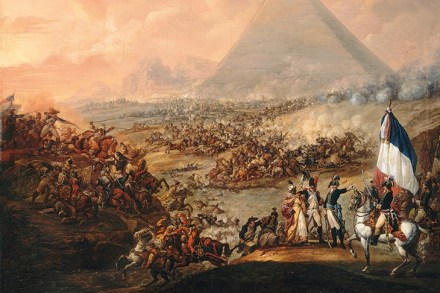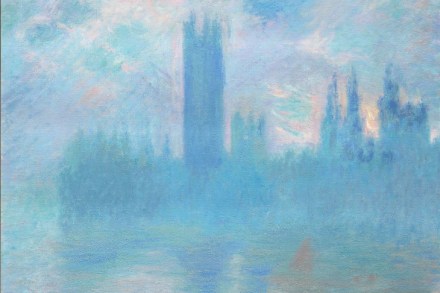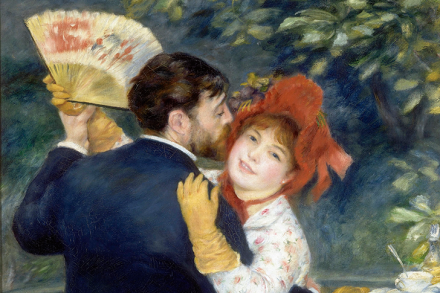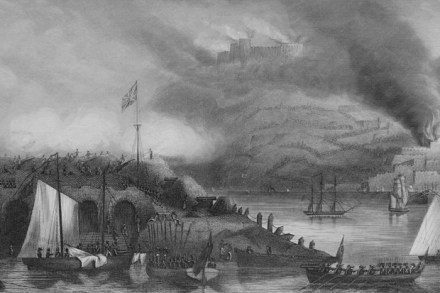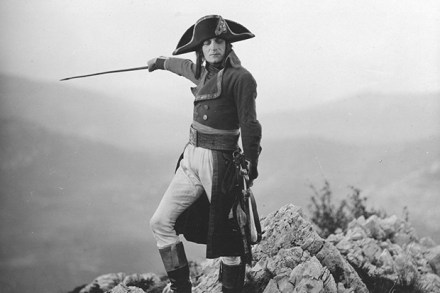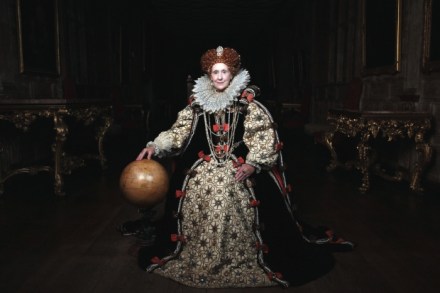On the run from Corunna
There is only one Andrew Miller. In the 20 years since his debut novel Ingenious Pain won both the James Tait Black Memorial Prize and the IMPAC Dublin Literary Award, he has written a series of books which have captured the imaginations of readers and critics alike. Oxygen (2001) was shortlisted for the Booker, while in 2011 Pure, the tale of a young engineer in pre-revolutionary Paris clearing the notoriously overstuffed Holy Innocents’ Cemetery, won the Costa Book of the Year award. Miller is read around the world; as a British author of (mostly) historical fiction that is both popular and literary, his peers are Hilary Mantel and, perhaps, Sarah
